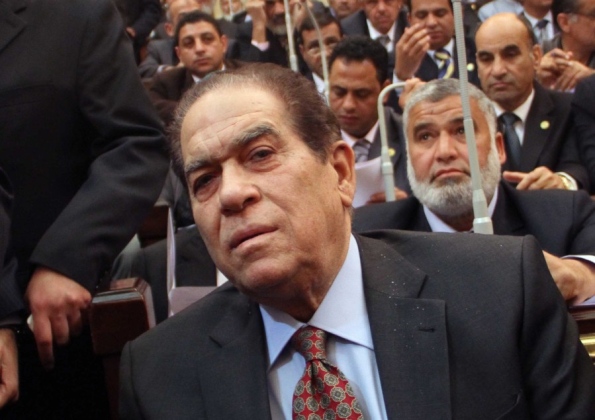
(DNE File Photo)
A Giza criminal court upheld Sunday a death sentence given to a man, named Anas Shahine, accused of belonging to and financing an illegal criminal cell, as well as collaborating with Hamas.
Shahine’s sentencing to death by hanging was ratified by the Grand Mufti based on charges that he possessed weapons, used illegal tunnels in Sinai cross to Egypt, as well as other crimes.
Shahine was arrested in March 2014. According to Egyptian law, the Mufti’s referral is necessary for the approval of a death sentence. It can however be appealed.
Following the ouster of former president Mohamed Morsi, a number of individuals have been charged with financially supporting the Muslim Brotherhood group and its activities, as well as providing supplies for the Rabaa Al-Adaweya sit in.
The latest figure who was prosecuted over similar charged was retired football player Mohamed Abu Trika, who had his assets frozen.
The judge on the case is the much-criticised Nagy Shehata, who has been accused of pro-government bias and giving harsh sentences, including mass death and life sentences, to pro-democracy protesters.
As yet, hundreds have received death sentences, with many international and local human rights organisations condemning the procedures as “politicised” and “unjustified.”
Since the beginning of 2015, 12 executions took place, the latest being the controversial execution of six men from the ‘Arab Sharkas cell’ last week.
The executions were condemned by local human rights organisations, who described them as a continuation of “human rights violations in the country”.
Egyptian penal institutions have long been criticised for committing various violations against citizens. The latest call for help came from families of prisoners held in the Al-Aqrab Prison, holding the current Interior Minister responsible for the lives of their relatives.
The families said Sunday that their relatives are being beaten and “harshly searched” every morning, as well as banning the families from any visitations.
Last January, Human Rights Watch (HRW) released a report strongly criticising Egyptian authorities for failing to improve detention conditions or to independently investigate reported cases of detainees’ deaths as a result of physical torture inside prisons.
Al-Aqrab Prison is one of the most notorious maximum security prisons in the country.
On Saturday, during the trial against various public and opposition figures, prominent Muslim Brotherhood leader, Mohamed El-Beltagy told the court that the water provided to him in prison contains “sewage water”.
In response to this, Assistant to the Interior Minister Abu Bakr Abdel Karim, said Saturday: “Egyptian prisons are witnessing developments in the methods of dealing with prisoners,” and denied the existence of water containing sewage in prisons.
Abdel Karim added that torture is constitutionally illegal, urging citizens to report any cases of torture or maltreatment by the police.

